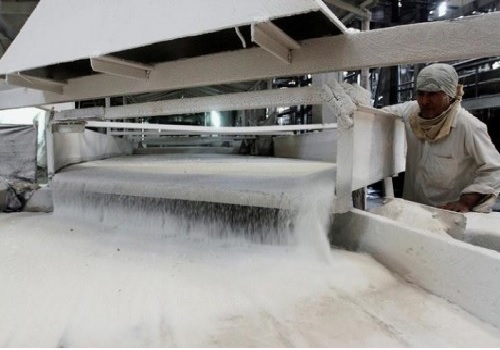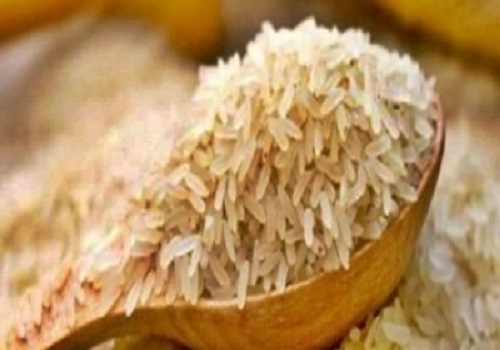India`s Oilmeal Exports Slip by 2.3% Amid Ricebran Ban and Market Uncertainties By Amit Gupta,Kedia Advisory
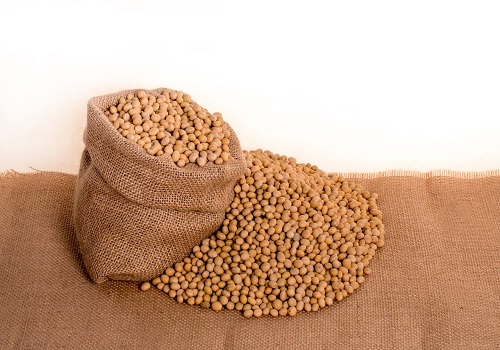
India’s oilmeal exports saw a 2.3% decline in April-July 2023-24, dropping to 15.54 lakh tonnes due to reduced exports of rapeseed and castorseed meals, and a complete halt in de-oiled ricebran exports following a government ban. However, soyabean meal exports surged by 64.45%, driven by higher demand from countries like Iran and France.
Highlights
Decline in Oilmeal Exports: India's oilmeal exports decreased by 2.32% during April-July 2023-24, with total exports falling from 15.91 lakh tonnes to 15.54 lakh tonnes compared to the same period last year.
Factors Behind Decline: The reduction in exports of rapeseed meal and castorseed meal, coupled with a complete halt in de-oiled ricebran exports due to a government ban, contributed significantly to this decline.
Impact of Ricebran Export Ban: The Indian government's extension of the de-oiled ricebran export ban until January 31, 2025, is expected to severely impact solvent extraction units, particularly in West Bengal.
Surge in Soyabean Meal Exports: Despite the overall decline in oilmeal exports, soyabean meal exports surged by 64.45%, rising to 6.92 lakh tonnes, driven by increased demand from countries like Iran and France.
Rapeseed Meal Export Concerns: India's rapeseed meal exports dropped to 7.58 lakh tonnes, down from 8.94 lakh tonnes, with the ongoing crisis in Bangladesh posing a threat to continued exports.
Key Import Markets: Major importers of Indian oilmeals include South Korea, Thailand, Vietnam, and Bangladesh, with South Korea leading with 3.22 lakh tonnes, followed by Bangladesh, Vietnam, and Thailand.
Breakdown of Exports to South Korea: During April-July 2023-24, South Korea imported 3.22 lakh tonnes of oilmeals, mainly comprising rapeseed meal, with smaller quantities of castorseed and soyabean meals.
Vietnam's Oilmeal Imports: Vietnam imported 79,945 tonnes of oilmeals from India, including rapeseed, soyabean, and groundnut meals, reflecting the country's diversified demand for Indian oilmeals.
Thailand’s Import Composition: Thailand imported 1.21 lakh tonnes of oilmeals from India during the same period, with rapeseed meal making up the vast majority of its imports, alongside a smaller quantity of soyabean meal.
Bangladesh’s Import Details: Bangladesh imported 2.88 lakh tonnes of oilmeals, mainly rapeseed meal, indicating the country's continued reliance on Indian oilmeals despite facing its own internal crisis.
Conclusion
India’s oilmeal export landscape is facing significant challenges, with declines in key segments like rapeseed and castorseed meals and the ongoing ban on de-oiled ricebran exports. These factors, coupled with market uncertainties in major importing countries such as Bangladesh, could pose further risks to export volumes. On the brighter side, the substantial growth in soyabean meal exports highlights the potential for recovery if demand from international markets remains strong. Going forward, strategic measures will be essential to stabilize and potentially boost overall oilmeal exports.

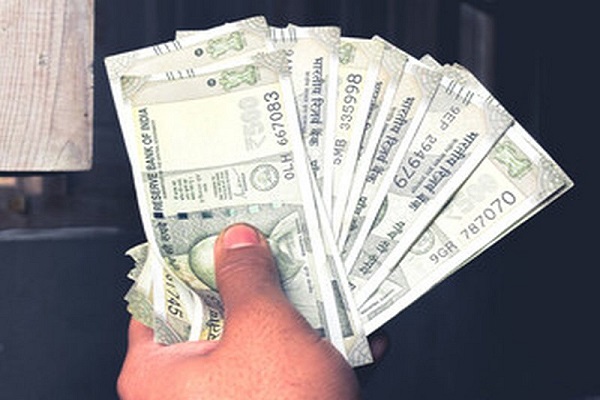



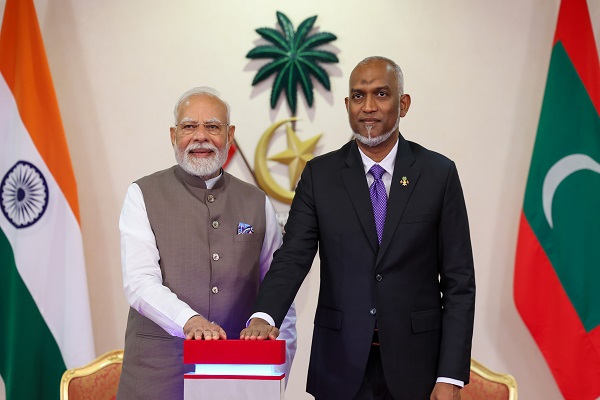









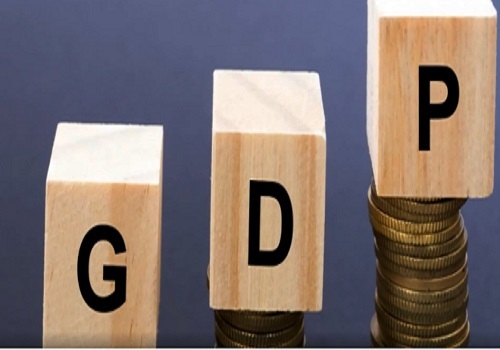




.jpg)
